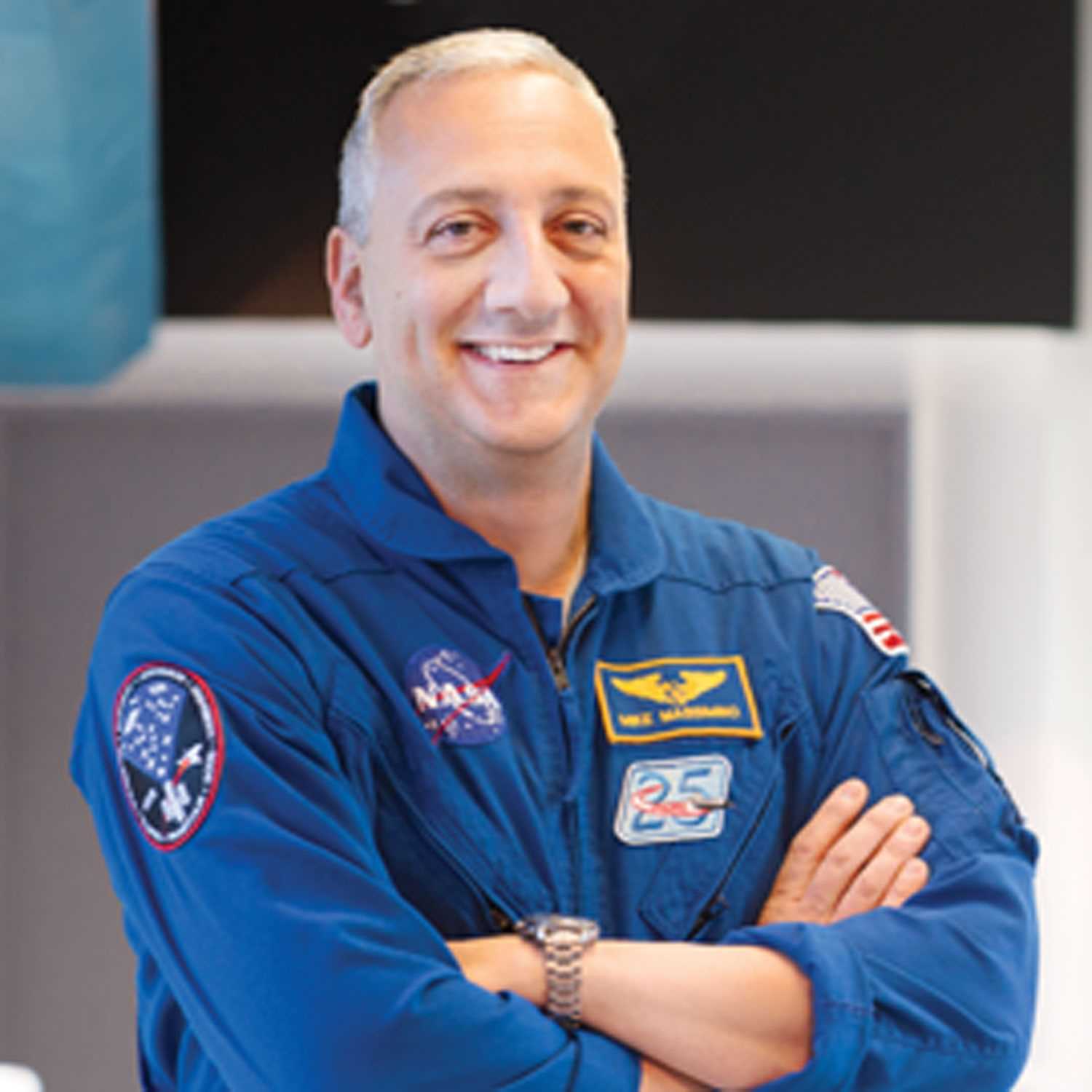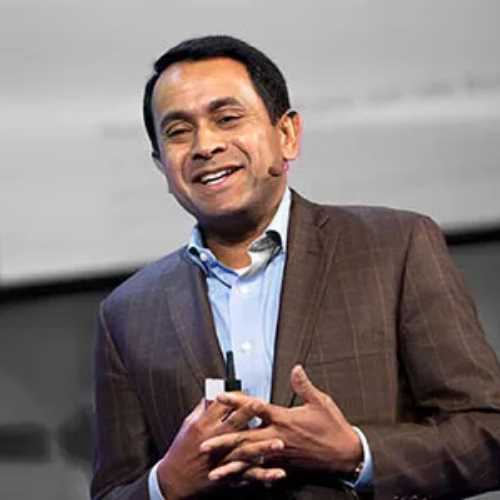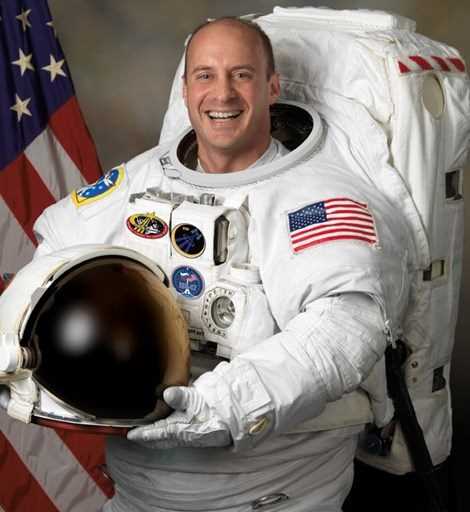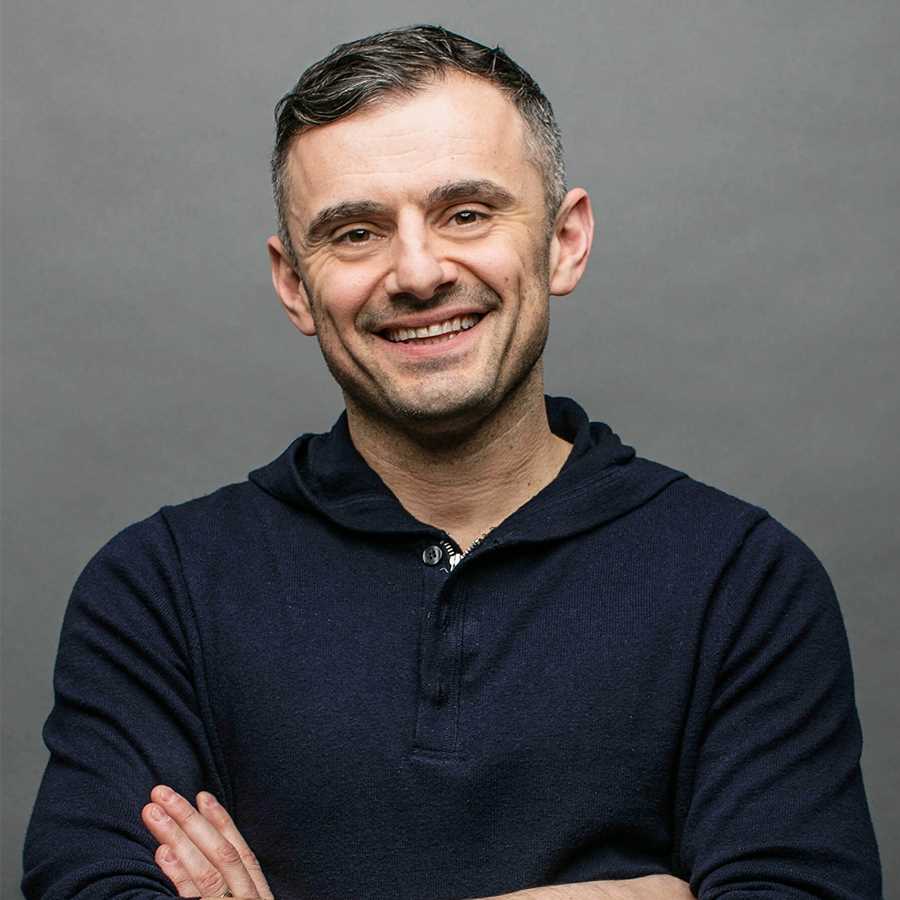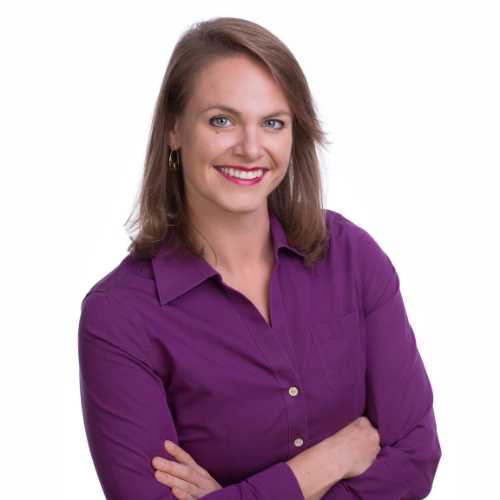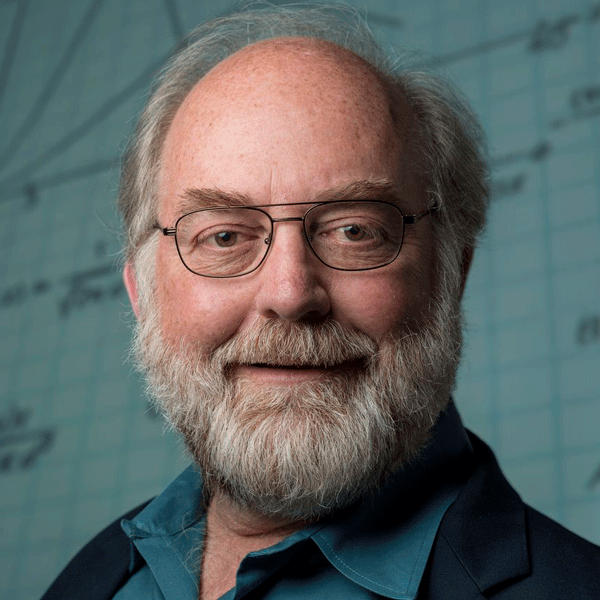
Thomas Frey
- Google's Top Rated Futurist Speaker
- Innovation Editor, The Futurist Magazine
- Executive Director and Senior Futurist, DaVinci Institute
Travels From
Colorado
Thomas Frey - Think 18 - How does the future get created
Thomas Frey Speaker Biography
As the Executive Director and Senior Futurist at the DaVinci Institute, Thomas Frey works closely with his Board of Visionaries to develop original research studies, which enables him to speak on unusual topics, translating trends into unique opportunities.
As part of the celebrity speaking circuit, Tom continually pushes the envelope of understanding, creating fascinating images of the world to come. His keynote talks on futurist topics have captivated people ranging from high level government officials to executives in Fortune 500 companies including NASA, IBM, AT&T, Hewlett-Packard, Lucent Technologies, First Data, Boeing, Capital One, Bell Canada, Visa, Ford Motor Company, Qwest, Allied Signal, Hunter Douglas, Direct TV, International Council of Shopping Centers, National Association of Federal Credit Unions, Times of India, and many more. Because of his work inspiring inventors and other revolutionary thinkers, the Boulder Daily Camera has referred to him as the “Father of Invention.” The Denver Post and Seattle Post Intelligencer have referred to him as the “Dean of Futurists.”
Before launching the DaVinci Institute, Tom spent 15 years at IBM as an engineer and designer where he received over 270 awards, more than any other IBM engineer. He is also a past member of the Triple Nine Society (High I.Q. society over 99.9 percentile).
Thomas has been featured in hundreds of articles for both national and international publications including New York Times, Huffington Post, Times of India, USA Today, US News and World Report, The Futurist Magazine, Morning Calm (in-flight magazine for Korean Airlines), Skylife (in-flight magazine for Turkish Airlines), ColoradoBiz Magazine, Rocky Mountain News, and many more.
To book Thomas Frey call Executive Speakers Bureau at 901-754-9404.
Popular Industry Keynotes
Megaprojects – “The Coming Explosion of Megaprojects”
Gone are the days where people are impressed by projects costing $10-$50 million or even $100 million. We are witnessing an explosion in the number of $1 billion+ projects with many now exceeding $100 billion. Megaprojects are set to triple over the coming decade, reaching a staggering 24% of global GDP by 2030.
Insurance – “The Future of Risk”
The insurance industry exists as a tool for mitigating the costs and damage associated with a single incident occurring for an individual or organization. But the concept of risk is changing. Driverless cars are reducing risk while flying drones are increasing it. Peer-to-peer models, automated sales channels, telematics, home automation, the sharing economy, big data, pay-as-you-go policies, shifting consumer preferences, and identity theft are all in the process of creating a far different landscape for the insurance industry of tomorrow.
Money & Banking – “Rethinking the Banking and Finance Industry One Transaction at a Time.”
There are approximately 2.5 billion people in the world who do not have access to traditional banks, yet nearly half of them have a mobile phone. The future of banking will be mobile, happening on devices we carry in our pockets, built into jewelry, and on our wrists, not in fancy office buildings. Brach banking will all but disappear. In less than five years, smartphones, watches, and other devices will replace credit/debit cards, wallets, lenders, stockbrokers, and insurance agents. And we’re just getting started.
Internet 10.0 – “The Future of the Internet – 8 Expanding Dimensions”
With the Internet being a multidimensional communications network, I like to think of it from the perspective of being inside a bag with people pushing on all of the outer walls simultaneously. The future of the Internet is not any one thing, it’s many. For this talk, I’ve broken the transformative nature of the Internet into eight causal dimensions that I use to expand our understanding of this super complex communication system.
Education – “Micro Colleges and the Emerging Education Marketplace”
It is no longer possible to predict the educational needs of business 4-5 years in advance. In fact, we need to prepare students for jobs that don’t exist, using technologies that haven’t been invented, to solve problems we don’t even know are problems yet. Micro Colleges are a responsive framework for creating talent pools to meet the fluid demands of business. With the average person entering the workforce in 2030 needing to reboot their career six times, we are entering a period of unprecedented opportunity for reskilling tomorrow’s workforce.
Future Jobs – “Preparing Yourself for the Workforce of the Future”
What are the odds that the job you’ll be doing 10 years from now doesn’t exist today? Turns out the odds are pretty high. Even though much of today’s technology is giving us super-human attributes and virtually everyone can now think-faster, know-faster, and do-faster than ever before, every new technology requires new skills, talents, and understandings that are hard to quantify. This talk takes audiences on a fascinating journey into the industries of tomorrow and the jobs they’ll create along the way.
Libraries – “The Future of Libraries: A Liquid Network for Our Ideas”
At a conference on the “Future of Libraries” put together by the American Library Association at the Library of Congress in Washington DC, I proposed a rather unusual mission for libraries, that of becoming “liquid networks” for our ideas. Libraries are not just about books, they’re about ideas. Even though we have thousands of placeholders for our momentary flashes of brilliance, the reality is that most public and private companies tend to have a rather short life expectancy, and some ideas need a far longer gestation period. That’s where using libraries as a more stable storehouse of information comes into play.
Driverless Transportation – “The Coming of Peak Car”
There’s a significant difference between a driverless car and a fully autonomous vehicle. We already have a number of vehicles on the road today with driverless features, but that’s only a small step towards the no-steering-wheel type of driverless car many are imagining. Over the coming decades, a number of industry-wide “epiphany moments” will cause business leaders to rethink the true scope of the coming impact.
Agriculture – “The Future of Agriculture, Soon to Become the Coolest Profession on Earth”
Can better food create better people? Will a better food supply lead to healthier, stronger, better thinking people? This is exactly the premise that is driving many of the advances in farming today. To understand agribusiness in the future, we must probe into the changing nature of consumer demand and the entire human-food interface. As we transition from today’s fad-based diets to more science based ones, our ability to read and monitor a person’s metabolic reaction to the food eaten will cause the agriculture industry to evolve with great precision around the tiny niche demands in consumer marketplace.
Your Business in 2030 – “Creating a Future-Resilient Organization”
Unlike the study of macro or megatrends, situational futuring is a micro-futuring process that begins with a single invention, tiny idea, or what-if condition and expands from there. The process begins with an initial scenario and asking some of the standard who-what-when-where-how-and-why questions. Probing deeper, questions formulated around things like timing, monetary implications, disruptive effects, symbiotic partners, who-wins-who-loses, wild cards, policy changes, and strange bedfellows will help expand your thinking even further. This works particularly well in a brainstorming environment where thoughts and ideas can be quickly sketched out, described, or clarified so more can be added.
Other Trendy Topics
Thomas Frey Unplugged – Future Trend Briefings
Tom’s understanding of the world around us clearly shines when he goes off-script and gets interactive with small groups and executive teams. Both his depth of knowledge on specific industries, coupled with a broader perspective on system, technology, and lifestyle trends makes each session a riveting experience. Gone are the vagaries and generalized outlooks that accompany most predictions. Instead, he has a way of opening the hood to reveal the inner workings of the real drivers powering the engines of change.
Customized Programs
At the DaVinci Institute we use our own systems for forecasting the future. As we learn about your industry and apply our research methodologies, we are able to create a vision of the future that will specifically address the interests of your audience. Past examples include The Future of…
- Healthcare
- Energy
- Economic Development
- Innovation
- Infrastructure
- Food
- Housing and real estate


